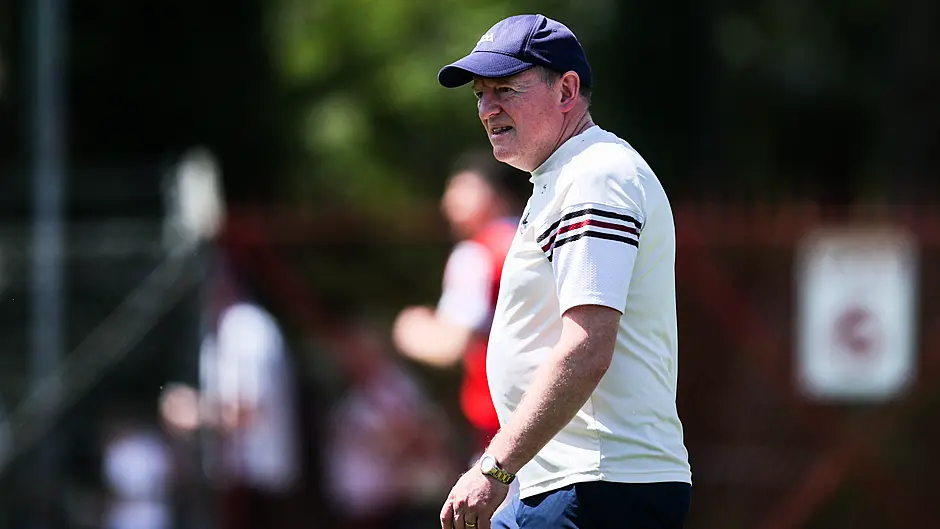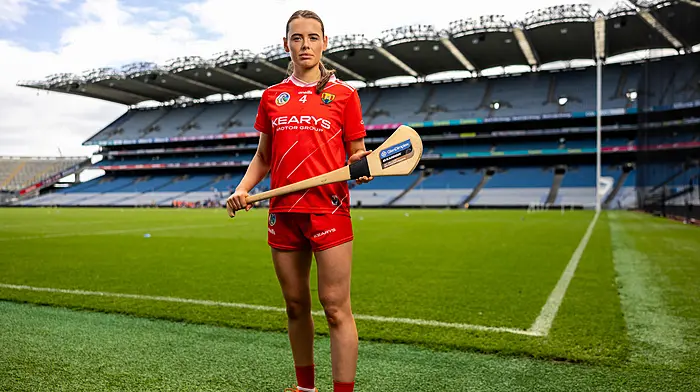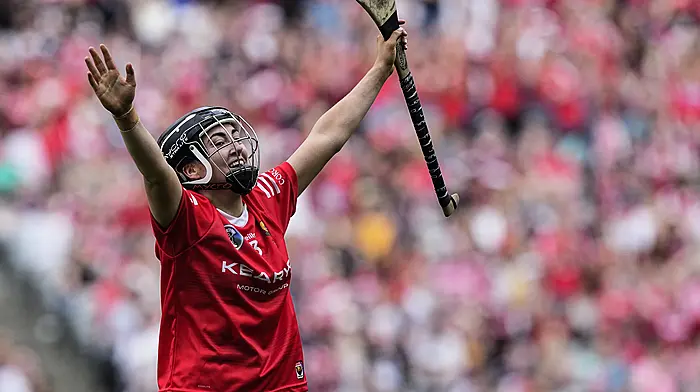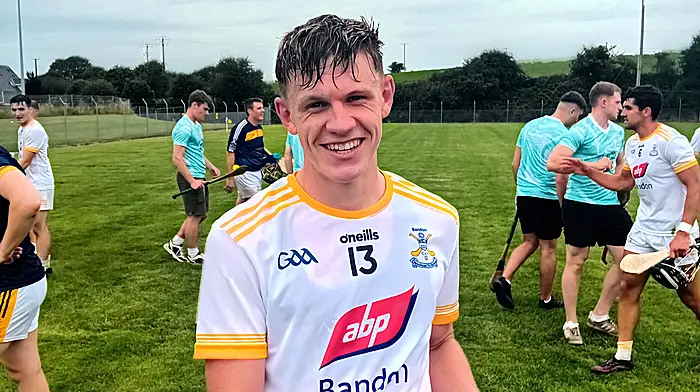
TEN years outside the top flight in the national league. Thirteen since Munster senior football glory. 2012 was also the last time Cork contested an All-Ireland senior football semi-final. John Cleary knows the size of the job, the need for Cork to move forward, and he is back for 2026.
The uncertainty after Cleary’s three-year term ended during the summer has given way to clarity: the Castlehaven man is staying on, for another two years.
Much like there was after the 2024 season when he cast doubt over his own future, there was also speculation following the latest campaign when Cleary was non-committal after the preliminary quarter-final loss to Dublin: ‘My term is up now. I have been at it for four years and as anyone will know, it’s tough going. We’ll talk with the relevant parties or whatever. We’ll see what the future holds going forward.’
Now we know Cork’s immediate football future will be led by Cleary, who has more credit in the bank at the end of this inter-county season compared to 2024 when the manner of the deflating loss to Louth lingered through the winter.
There were some green shoots in 2025 – encouraging form in the latter stages of the championship colours the mood – but the big targets were missed, again. If we measure success by additions to the trophy cabinet and the currency of victories, Cork didn’t deliver. They fell short of promotion to Division 1 (and next season will be the county’s tenth consecutive season outside the top tier), the wait for a Munster SFC title stretched to 13 years (in fact, Cork haven’t contested a Munster final since 2021), and 2012 was also the last time the Rebels made the last four in the championship.
Ironically, it’s a team that beat Cork in this year’s All-Ireland series that best illustrates what’s possible in this new era of Gaelic football, unshackled from its chains thanks to the rule changes. Step forward Meath, who finished on the same number of points as Cork in Division 2 and then developed to contest an All-Ireland semi-final. They also beat a Kerry team that Cork twice couldn’t get past – perhaps the Royals met the All-Ireland champions-in-waiting at the right time, but they still got the job done, and carved out a route to the last four.
That is Cork’s – and Cleary’s – ambition, too: to position themselves in the latter stages of the championship.
But it’s the same failings that hold Cork football back: the lack of consistency is hard to shake. The recent report released by the county board following the county committee meeting that was dedicated to the present stage of football in the county acknowledged this, too: ‘excellent championship performances against a number of Division 1 teams have been spoiled by poor performances versus lower-ranked opposition.’
This is a kink that needs to be ironed out if Cleary’s crew are to take the next step. An example from this past season was the away loss in the league to Down. Ultimately, this 1-19 to 2-15 defeat in February – against a team that would go on to be relegated to Division 3 – cost Cork the chance of promotion. Small margins, yet a familiar inconsistency.
Perhaps the turnover of players had a part to play in the early stages of the league, with new faces finding their feet.
In the loss to Dublin that ended Cork’s season, Neil Lordan, Sean Brady, Sean Walsh and Sean McDonnell all started. In theory, they now have the base to kick on in 2026 – and Cork must too.
Time is ticking on war horses like Brian Hurley who turns 34 next year, Ruairi Deane who soon turns 34, and Ian Maguire who will be 32 when next season’s All-Ireland series throws in, as will Brian O’Driscoll. It’s not quite now-or-never territory, but we’re almost there for a cohort of players who have given huge service with little to show in their medal collections.
Reclaiming the throne in Munster next season looks a big ask, given it’s likely to be a Munster final in the not-so-happy hunting ground of Killarney if Cork jump their semi-final hurdle, so this highlights the importance of the Rebels’ Division 2 campaign.
A promotion challenge is the minimum for Cleary’s men – it has to be if Cork want to shed their tag of a mid-table Division 2 team. Look at the county’s last four finishing positions in the league: sixth, fourth, fourth, fifth. To reach the top tier and guarantee regular games against the best teams in the land, Cork must earn promotion. It’s the boost the Rebels need.
It won’t be easy, though. Check out the opposition in Division 2 next season: Cavan, Offaly, Louth, Meath, Tyrone, Derry and Kildare. But John Cleary has stayed on for a reason: he believes in what’s being built. It would have been easier to walk away, given he had an easy out with his term finished, but he hasn’t. He’s back for more because he feels the job isn’t done.
Cleary will become Cork’s longest-serving manager since Conor Counihan, as next season will be the Castlehaven man’s fifth in charge; he took over in mid-2022 from Keith Ricken who had to step back for health reasons. Ronan McCarthy held the role for four years, while both Peadar Healy and Brian Cuthbert sat in the hot-seat for two seasons each. Cleary knows the role and knows the players, but also the expectations of a fan base starved of success. He knows too that Cork must do better: the Rebels lost more games than they won this past season, across league and championship, finishing with a 46 percent winning rate.
Looking back on Cleary’s four championship campaigns in charge, the win rate stands at 45 percent; again, more defeats than wins. That’s not surprising, given where this Cork team currently stands, but to take the next step this group needs to win more consistently, especially against counties of a similar standing.
For every win against a Donegal or a Mayo, there have been morale-crunching defeats to a Louth or a Meath. There’s a belief that Cleary remains the right man for the job – who is better qualified in the county right now? – but progress is a must in 2026. Cleary knows this better than most. It’s time to kick on.









